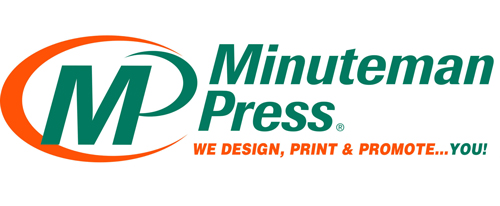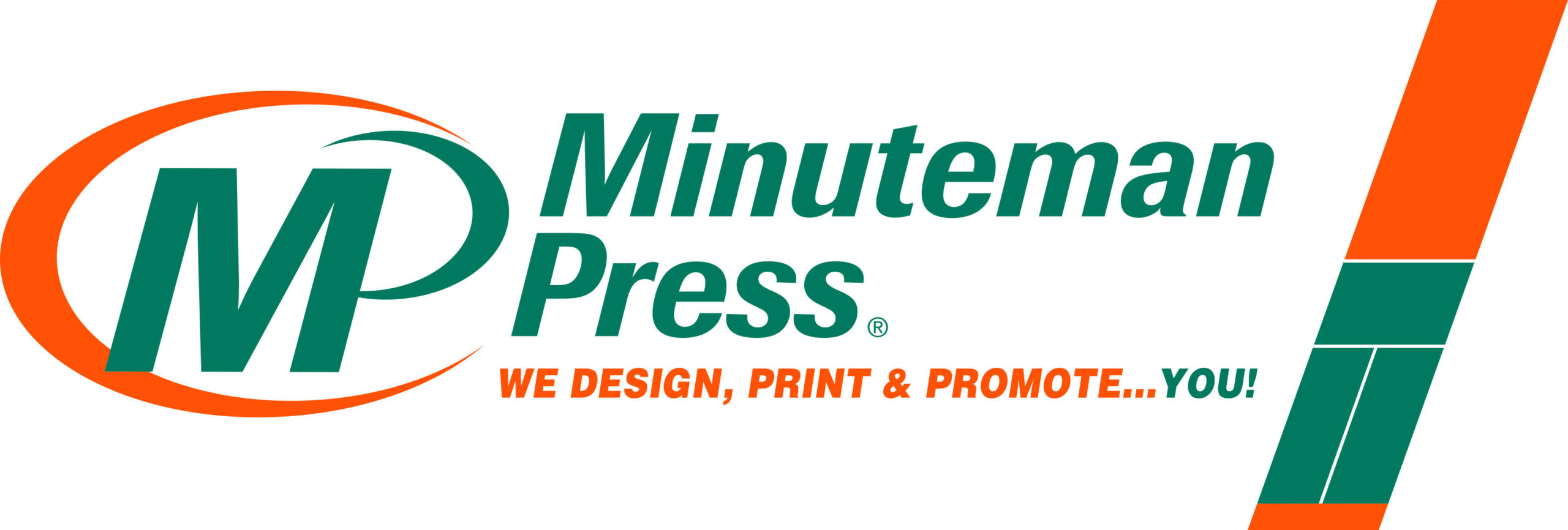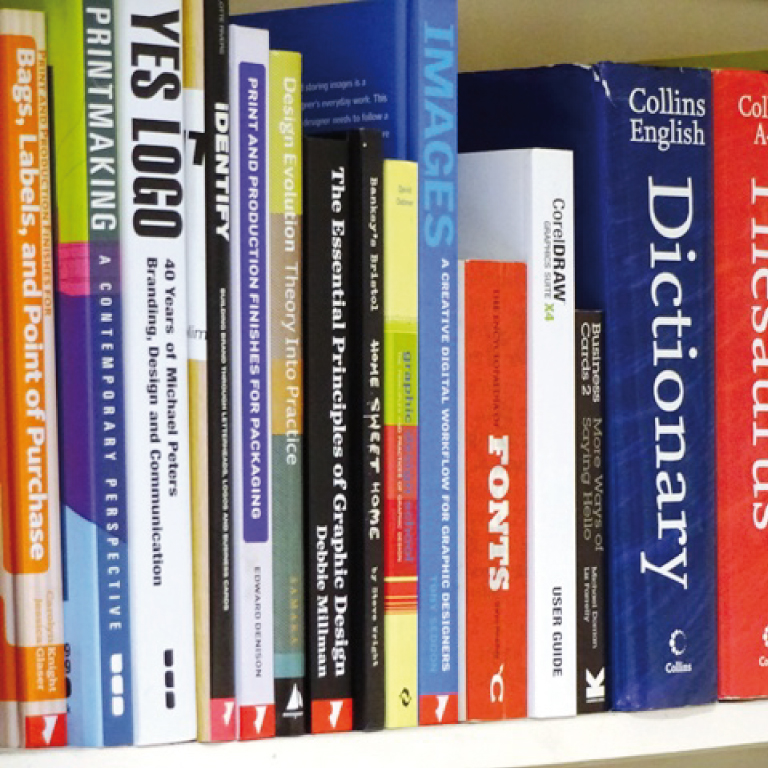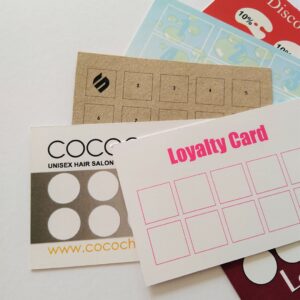The internet delivers content and information instantly, as a society we have now become accustomed to expect instant gratification in content. EBooks are an extension of this desire, with an ever-growing digital library of content covering all manner of subject matter available at the click-of-a-mouse.
In recent years, sales of eBooks have started to decline, whilst sales of printed physical books have been growing steadily year-on-year.
What is fuelling this resurgence in physical books?
Why are eBook sales declining?
In this article we review possible reasons for the trends.
What is an eBook?
An eBook is an electronic file in digital form consisting of content that incorporates text and imagery. EBooks are usually written using word processing software on a computer, which is then saved in a specific format that can be read on diverse devices. In essence an eBook is an electronic version of a physical book.
A Brief History of eBooks
EBooks have been around longer than most people realise. Historically the eBook revolution is considered to have started in earnest during the 1970’s with the advent of Project Gutenberg, although references to earlier individuals such as Angela Ruiz Robles and Roberto Busa, cite details of the phenomenon in the late 1940’s.
Project Gutenberg was the brainchild of Michael Hart whilst at the University of Illinois. Hart’s aim was although a simple one, adventurous in many ways; to create an electronic library of 10,000 books. Hart commenced by creating the electronic version of the United States Declaration of Independence.
Some say that the philosophy behind this evolutionary idea was the ethos that spawned the Internet.
EBook Formats
In terms of eBooks, there are a variety of formats available, some of which relate to specific devices and some eBook publishers have created their own formats. For example, Amazon has its own proprietary format AZW, with derivatives available. An alternative for the Kindle Fire is KF8 (also known as AZW3).
One of the main open formats for eBooks is known as ePub, whilst the Portable Document Format (PDF), is a universal format that is used for many forms of documentation including eBooks.
The reasoning behind a universal or open format is to ensure compatibility with multiple open format eReaders.
Devices that Display Books
One reason for the increase in popularity of eBooks is the availability and selection of eBook readers. Brands such as Amazon have launched readers, namely the Kindle, which has fuelled the increase in eBook sales, whilst tablets and mobile devices have applications that can be used as eReaders. These numerous devices that display eBook related content ensure that this form of content can be read in almost any location.
Why have eBooks Become Popular?
Instant Gratification
EBooks can be instantaneously downloaded. Instant gratification has become part of our way of life and eBooks satisfy this desire. EBooks can be downloaded from abundant online portals and retained on the eBook reader or mobile device, to be accessed when desired.
Accessibility
Physical books require a physical location to be stored and displayed. A number of physical book sellers no longer have stores in local areas; no doubt due to the steady increase in ebook sales, online physical book sales resources such as Amazon, the inherent cost associated with high street premises and locations which may no longer be a viable option.
Accessibility is an inherent benefit of eBooks. The ability to download a number of eBooks onto a single small handheld portable device and then read wherever and whenever desired.
Versatility
EBook readers have significant storage capacity which means a vast number of books can be held on one single lightweight mobile device. EBooks offer the versatility to select a different book with ease; this means that should a book not be to the reader’s particular taste, then it is easy to swap the book.
Environmentally Friendly
As eBooks are simply digital data files stored on a computer, their impact on the environment is negligible; although the manufacture of the physical eReader does have an impact.
Physical books are printed on paper and therefore have an environmental effect; responsible publishers utilise substrate from sustainable sources.
Publishers and eBook Retailers have extensively promoted eBooks
From a publishers and sellers perspective, eBooks offer unique commercial opportunities. The inherent cost of production compared to printed physical books is negligible, whilst distribution costs again favour eBooks, with instant download capability providing a simple and effective mode of delivery.
With all the benefits of eBooks outlined, it begs the question:
Why the Decline in eBook Sales and Increase in Physical Printed Books?
Recent figures, from a variety of sources have shown a dramatic decrease in eBook sales. Quoted figures state that there has been a decline of 17% in eBook sales in 2016 alone [1]. The question is why?
Digital & Screen Fatigue
Plain and simple, consumers are growing fed-up with accessing digital devices constantly. Consumers live in a world where information concerning almost anything can be delivered at the click of a button onto a mobile device. This constant barrage of digital material overloads the senses and for some the desire to switch-off is manifesting itself in digital and screen fatigue.
Cost
Some eBook sellers have increased the cost of their eBooks, which many consumers feel is unjustified. If an eBook does not have the production costs associated with printed books, then many consumers believe that the inherent cost of the eBook should be significantly less. However this does not take into account the artistic element or creation element of crafting the eBook content.
Although eBooks are somewhat easier to deliver in electronic format, the fact remains that a comparable amount of effort was involved in creating the eBooks content as per a physical book.
Different Styles of Printed Books
There are a number of options that only work as physical books, such as adult colouring books and similar options that only work as a physical book. These have played a big part in this physical book revival. Different styles of books now offer a break from digital device access and a means to unwind.
An interesting element within all of this is that it is actually the younger generation, those brought up with digital devices, which are driving this trend back to physical books. Being digitally busy and suffering from screen fatigue has meant that many are turning to physical books as an alternative [2].
Availability
Another overriding factor in terms of physical books growing in popularity is that not all physical books are available in ebook format. Some publishers make the choice to not offer an ebook alternative therefore for some titles only a physical book option exists.
Emotive
Although eBooks present a viable alternative, for many, the feeling of physically holding a book and thumbing through the pages delivers a more satisfying feeling than the sanitised digital feel of an eReader.
In addition, consumers may well choose a physical book over an ebook, to add to their collection that can be retained and displayed within a bookshelf.
The future of the physical book looks promising.
Article accurate as at June 2017.
Sources of information:
[1] https://www.theguardian.com/books/2017/apr/27/screen-fatigue-sees-uk-ebook-sales-plunge-17-as-readers-return-to-print (accessed: June 2017).
[2] https://www.theguardian.com/books/2017/mar/14/ebook-sales-continue-to-fall-nielsen-survey-uk-book-sales (accessed: June 2017).













